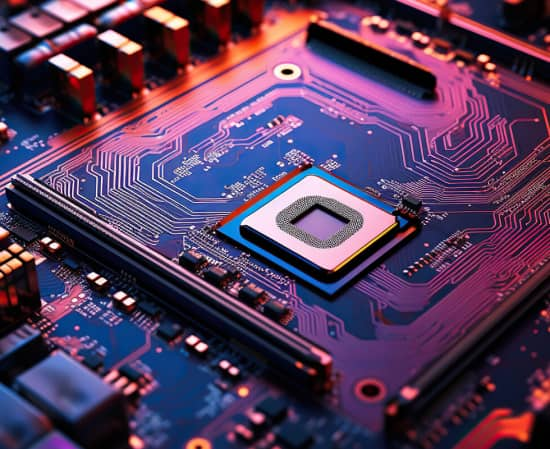Leading Experts in Design Verification, FPGA Validation, RTL Design, with Proven Expertise in Pre- Si and Post-Si Validation, VIP Verification, Physical Design, RF Design, and DFT.
Leading Experts in Design Verification, FPGA Validation, RTL Design, with Proven Expertise in Pre- Si and Post-Si Validation, VIP Verification, Physical Design, RF Design, and DFT.

VIP (Verification IP) in VLSI refers to pre-designed verification components used to verify the functionality, performance, and compliance of specific protocols or interfaces within a semiconductor design. VIPs are essential for efficient and thorough verification of complex designs, ensuring that all aspects of communication protocols and interfaces are validated before tape-out and production.

Protocol Compliance verification – validates that the VIP conforms to industry-standard protocol specifications (e.g., PCIe, USB, Ethernet).
Performance Verification – Verifies the performance metrics such as latency, throughput, and timing characteristics of the VIP.
Interoperability Verification – Validates the interoperability of the VIP with other components or IPs within the system. Verification process involves thorough testing of protocol behaviour using the Directed testing, Random testing, constrained Radom verification. Utilizes protocol checkers, monitors, and assertion-based verification to enforce compliance with protocol rules. Performance Verification involves performance profiling, throughput analysis under different traffic scenarios, and latency measurement to ensure the VIP meets design requirements. Interoperability testing includes integration testing with other VIPs, subsystems, or real-world devices to ensure seamless communication and compatibility. VIP Verification plays a critical role in ensuring the correctness, compliance, and performance of protocol implementations within VLSI designs. As semiconductor designs continue to grow in complexity, the demand for robust and efficient VIPs increases. Adopting the latest trends in VIP verification, such as AI/ML integration, portable configurations, and enhanced debugging capabilities, helps semiconductor companies meet the stringent verification requirements and deliver high-quality, reliable products to market faster.